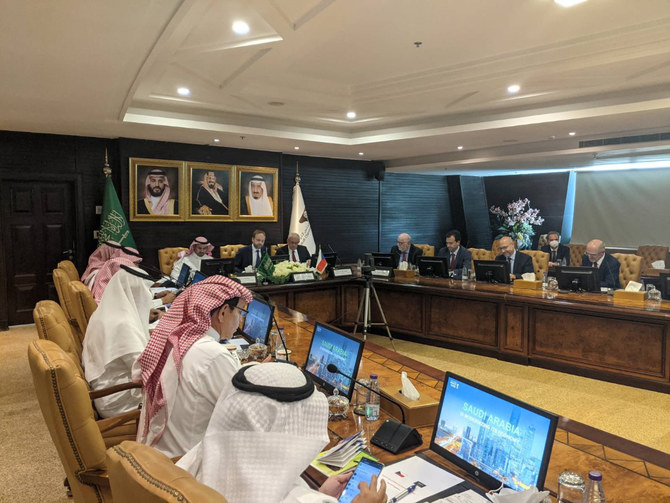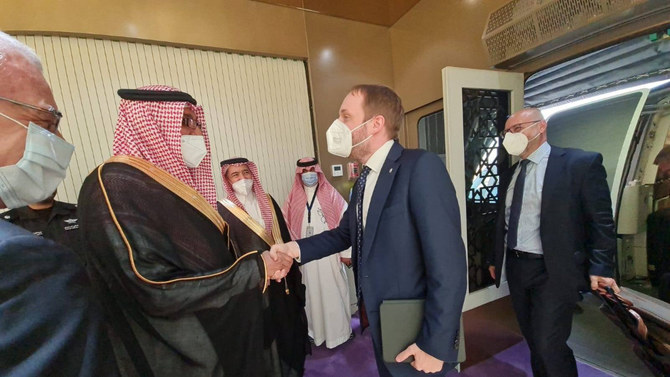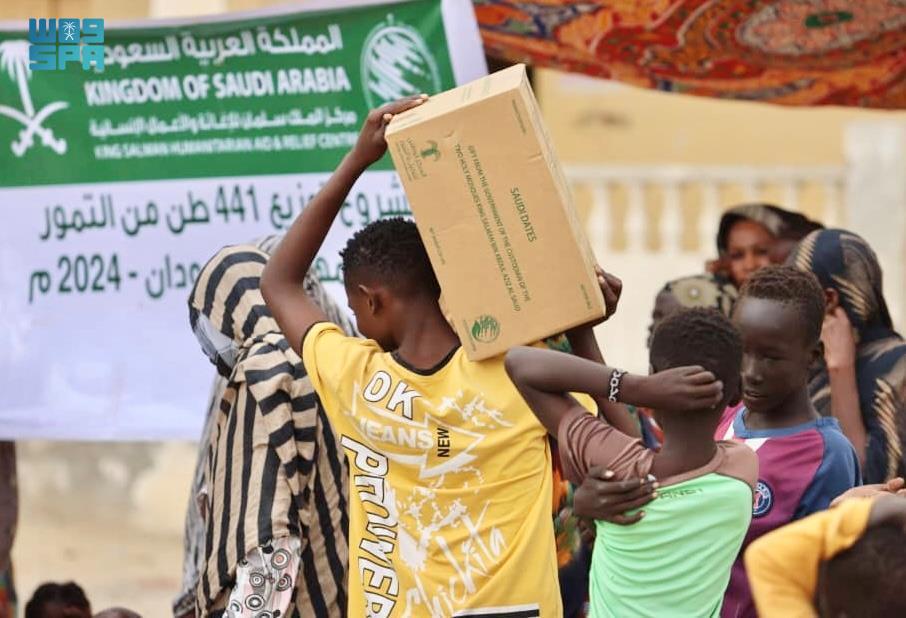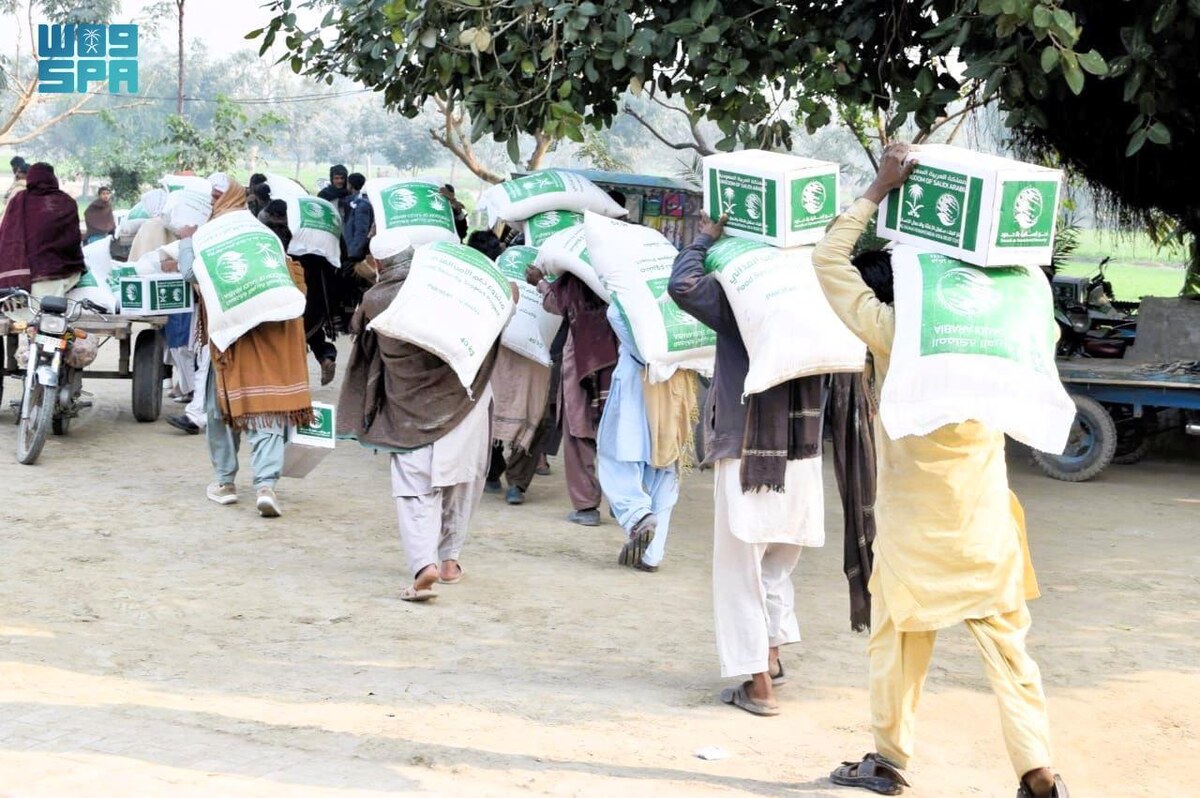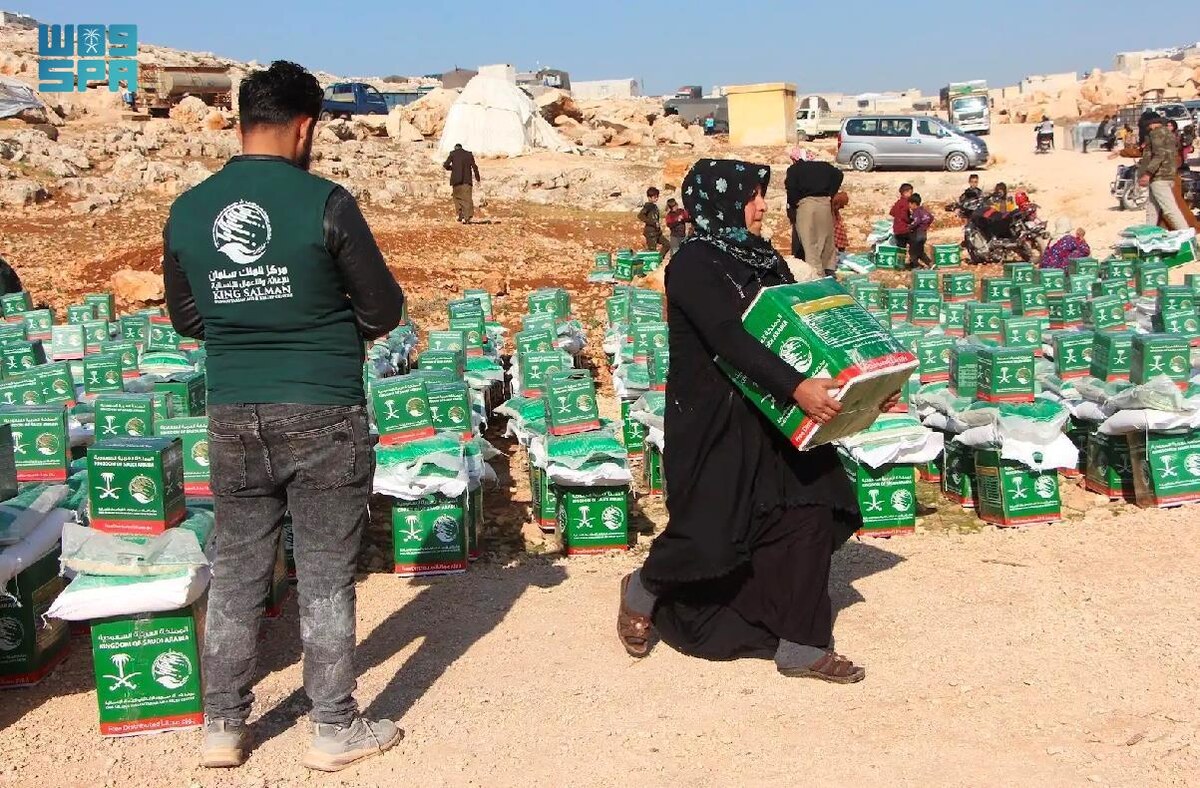Last week, Jakub Kulhanek, foreign minister of the Czech Republic, paid his first official visit to Saudi Arabia to hold meetings with Foreign Minister Prince Faisal bin Farhan and Minister of State for Foreign Affairs Adel Al-Jubeir.
In an exclusive interview with Arab News, Kulhanek spoke on the discussions the two sides held on bilateral relations and the means to enhance them, as well as regional and international issues, notably Afghanistan.
“My official visit to Saudi Arabia lasted just some 30 hours, and the only city I visited was Riyadh,” he told Arab News. “For me, there is an obligation to come back once again in the future and enjoy visiting Jeddah, the futuristic megacity of NEOM and other famous places of interest.”
Q. How would you describe your meetings with Saudi officials during your just concluded visit?
A. First of all, I would like to thank the Saudi government and all my counterparts whom I was privileged to meet for their generosity and time they spent on preparing our visit. They set up a wonderful program. We had insightful meetings, and I am confident that we have together managed to take relations between our countries one level higher.
During my meeting with Foreign Minister Prince Faisal bin Farhan, we reassured each other that our relations are friendly and that the general standing of our countries is in many ways complementary. We have much to offer each other in areas of trade, scientific cooperation, the energy sector, mining and the security industry.
The Kingdom, together with the UAE, belong to our top five trade partners in the Middle East. That is something we can build on, something we are obligated to develop. And that is also the reason why I was accompanied by a trade mission of more than 20 distinguished business people from various industrial fields.
At the same time, our cooperation is not limited only to business. We have a long run tradition of cooperation in the health sector. Many Saudis study at Czech universities. Saudi citizens are frequent fliers when it comes to our spa resorts.
With Prince Faisal, we agreed on the need to revitalize the Czech-Saudi Joint Commission, which has not met since 2011. It is a useful platform bringing together representatives of committed ministries to discuss specific issues of mutual interest.
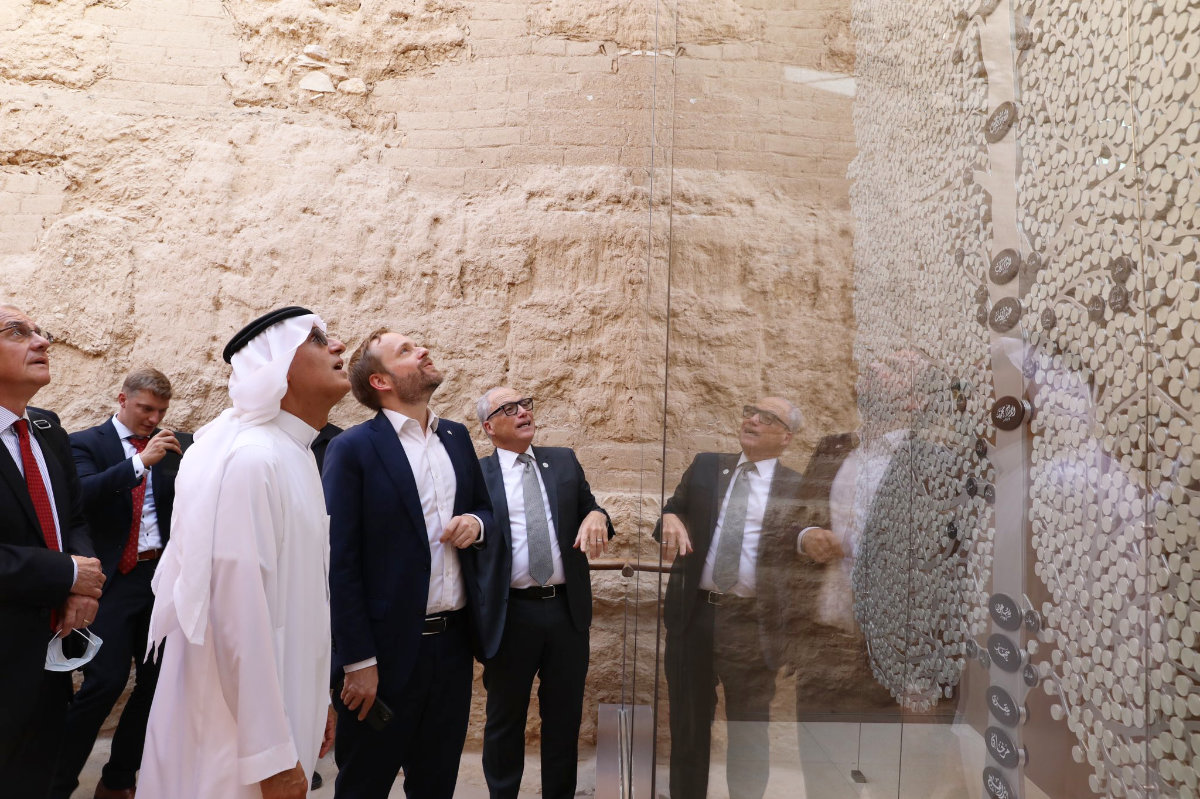
Czech FM Jakub Kulhanek and his delegation visiting Diriyah heritage site in Riyadh. (Supplied)
Q. Did you discuss political cooperation with Saudi Arabia on regional and development issues?
A. It goes without saying that visiting the Kingdom and meeting its leaders gave me a unique chance to discuss issues of international politics and global issues alike. We agreed, both with Foreign Minister Prince Faisal and Minister of State for Foreign Affairs Adel Al-Jubeir, my fellow Georgetown alumnus, that we want to formalize regular consultations between our foreign affairs ministries. We hope for an establishment of a strategic partnership in the near future.
We also shared with our Saudi hosts the need to intensify contacts at the highest political level. I hope that the foreign minister will come in the near future for a visit to the Czech Republic. I was also glad to hand over an invitation for Crown Prince Mohammed bin Salman to visit the Czech Republic.
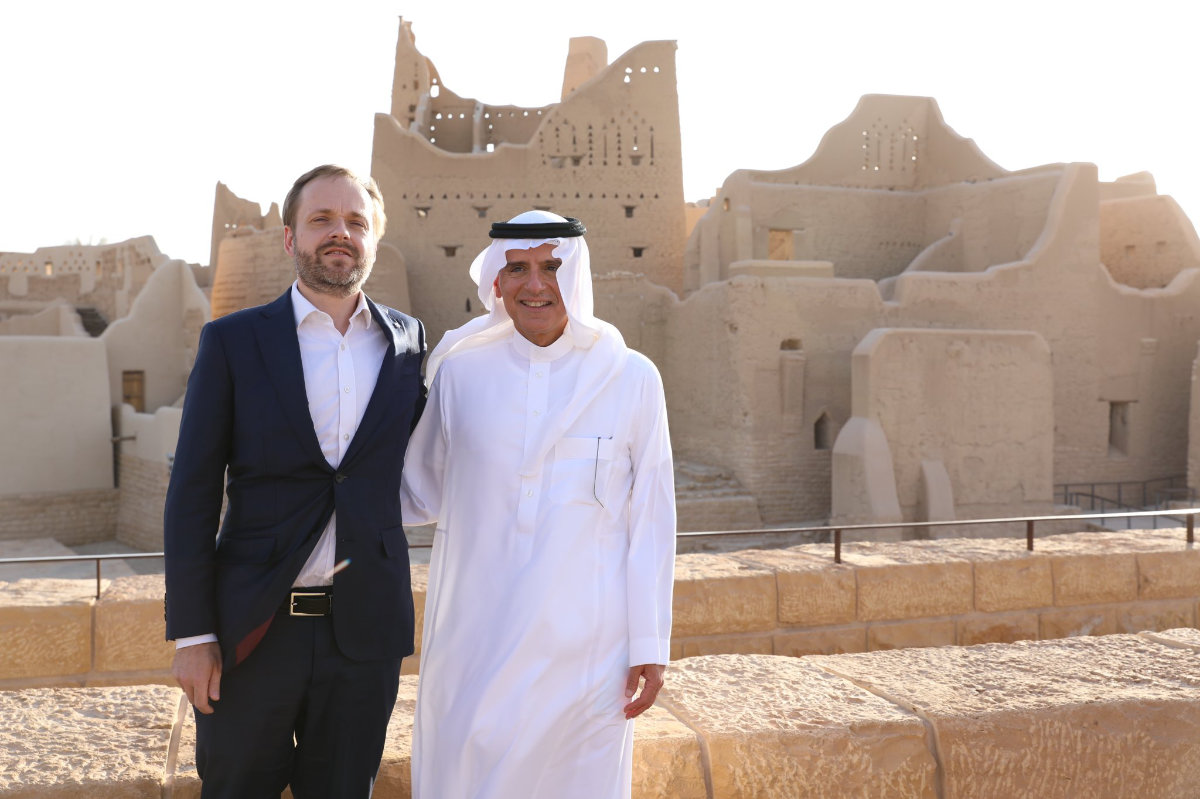
Czech FM Jakub Kulhanek with Saudi Minister of State for Foreign Affairs Adel Al-Jubeir at Diriyah heritage site in Riyadh. (Supplied)
Q. What kind of cross-investment flows do you envisage between the Kingdom of Saudi Arabia and the Czech Republic?
A. Thank you very much for that question, since I truly believe there is a great potential for bigger Saudi investments. Over the last 30 years, the Czech Republic has attracted many foreign investors, from both portfolio and green foreign direct investments, from Europe, the US and Asia.
So far, the Gulf investors have been slightly lagging behind, though we are already seeing that some of them are starting to discover existing opportunities for investments in Central Europe. Therefore, we plan on organizing an investment forum for representatives of sovereign funds from the Gulf region, at which they will have the chance to meet managers of foremost Czech financial groups.
The Czech-GCC Investment Forum will be held between May 30 and June 4, 2022, shoulder to shoulder with the presidency of the Czech Republic in the Council of the EU in the second half of 2022.
I would like to invite the managers of the Public Investment Fund and other important financial groups in the Kingdom to take part in the event.
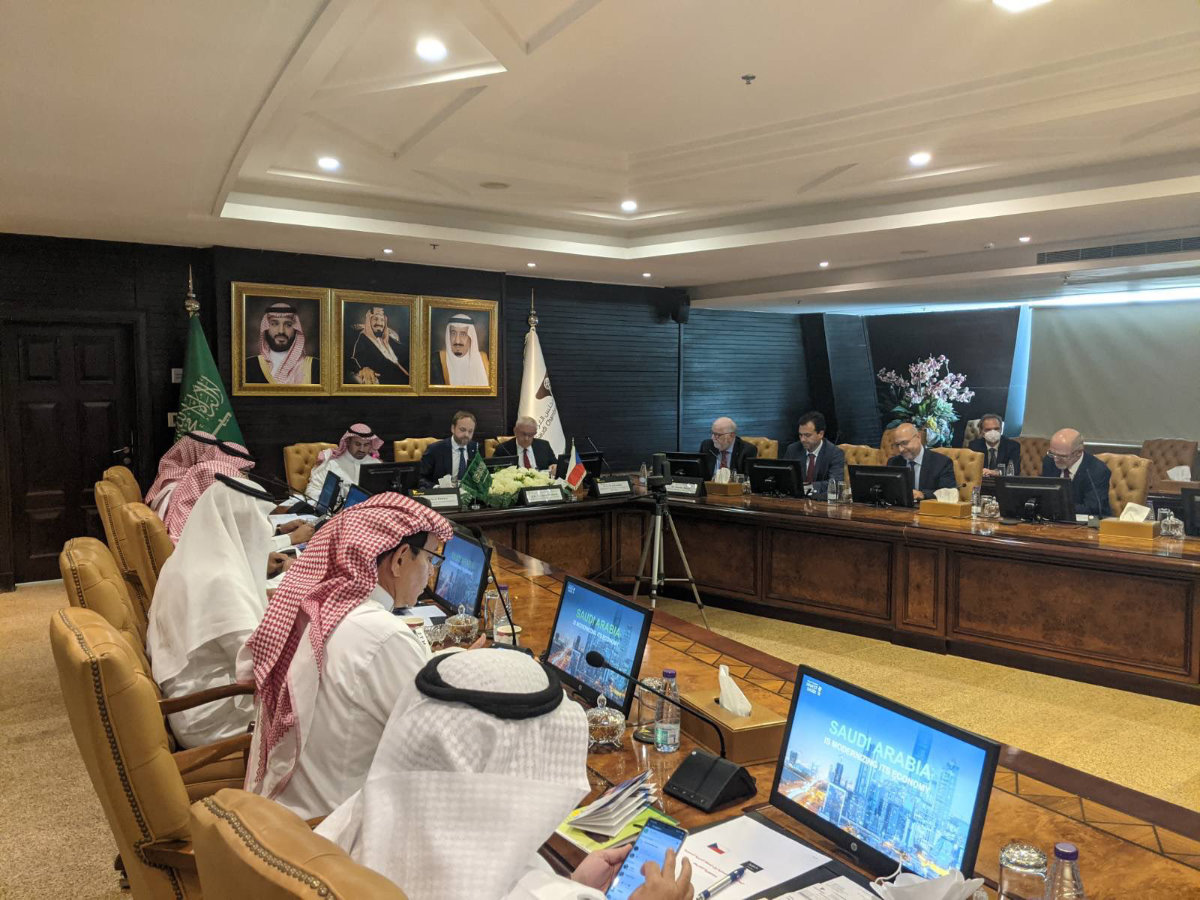
FM Jakub Kulhanek wants Saudi investment companies to participate in the Czech-GCC Investment Forum in his country next year. (Supplied)
Q. Do you see a greater role for Czech technology companies in the Kingdom’s ongoing development projects under Vision 2030? In what sectors would these mainly be and what impact would they have?
A. In my opinion, the ambitious Vision 2030, its goals and the projects it leans upon, provide Czech companies with numerous opportunities, mostly on subcontracting basis. We are truly interested in facilitating the access of the Czech companies to the tenders floated by Saudi state-owned enterprises. We see a great potential in delivering Czech knowhow, technologies and high-tech products to the government's megaprojects, be it NEOM, the Red Sea Resort, or the Green Riyadh initiative.
We are confident that Saudi enterprises, such as Saudi Aramco, SABIC and many others, would also benefit from it.
Q. Before your departure for the Gulf, you said that the Czech Republic will not recognize the Taliban. Can you kindly elaborate on your statement?
A. I think we have to distinguish carefully between two separate things. The first is communication with the Taliban, who are no doubt the new rulers of the country. It is clear that the EU and NATO will not avoid interacting with them just so that we can provide the Afghan people with the humanitarian aid that they are in dire need of now.
I am not talking about high-level and official contacts, but communication at the working level will have to take place. Another thing is official recognition of the Taliban government; great caution is necessary here. I believe the Taliban are far from fulfilling their promises. The media are informing us how they are behaving in the streets of Afghan cities and what atrocities are being committed.
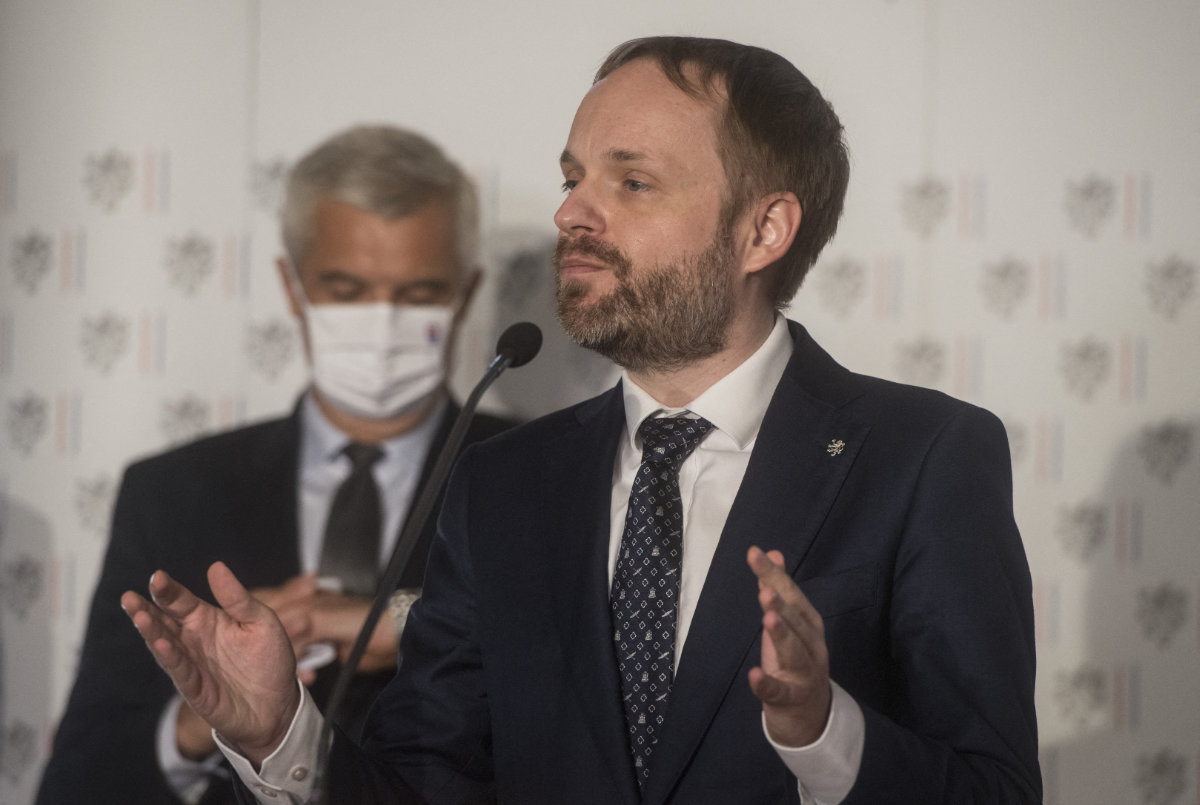
FM Jakub Kulhanek says Czech companies are also ready to participate in Saudi Arabia's Vision 2030 programs. (AFP file photo)
Q. You have also said your country will accept the unhappy reality “as it is” that the Taliban are “the new masters of Afghanistan.” Can you deal with the Taliban without implicitly granting it recognition?
A. The EU and NATO must be pragmatic and accept the new reality in Afghanistan. Nevertheless, that does not mean that we will give up our effort to put pressure on the Taliban to maintain at least something of what has been achieved in Afghanistan over the past 20 years.
I am talking now, in particular, about the rights of women and girls. So yes, the international community can negotiate with the Taliban over that and, depending on the outcome, maybe the question of official recognition of the Taliban government would become topical in the future.
Q. What leverage does the EU have over the Taliban in your view? Are the Czech Republic and EU positions totally convergent?
A. The position of the Czech Republic is fully in line with EU policy. As you know, just recently EU foreign ministers agreed at their informal meeting in Slovenia that any substantive engagement with the Taliban is only possible if some conditions are met: Respect for human rights, in particular women’s rights, and the establishment of a representative inclusive government, are among them.
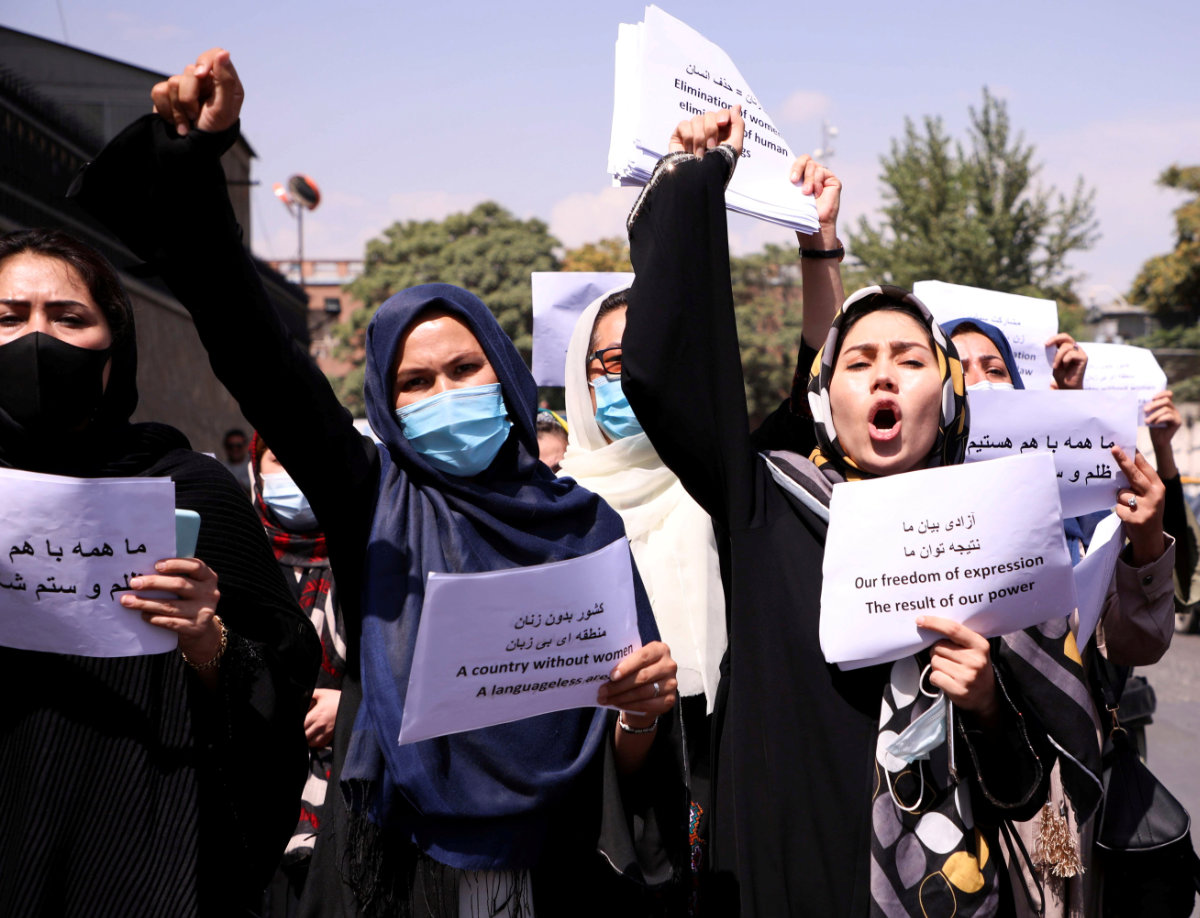
Afghan women's rights defenders and civil activists protest in Kabul on Sept. 3, 2021 to call on the Taliban for the preservation of their achievements and education. (REUTERS/File Photo)
I am not convinced that the Taliban would meet them sometime soon. We understand the necessity of keeping the EU’s presence in Kabul but the Czech Republic had to evacuate our diplomats and Afghan facilitators.
Communication with the Taliban is necessary, as we must try to influence the way they will rule the country, at least to prevent humanitarian and migration crises. The Taliban will seek international recognition and resources — that is our main leverage now.
Q. International organizations with offices in Afghanistan have repeatedly warned of an impending humanitarian disaster. There is rising hunger, little cash and very little health care. How can the international community help Afghans?
A. We are aware of the deteriorating humanitarian situation in Afghanistan. An international donors’ conference was held in Geneva last Monday under the auspices of the UN. The international community, including the Czech Republic, has pledged to continue humanitarian aid. The Czech Republic has declared its readiness to increase its contribution to humanitarian and development projects in Afghanistan and neighboring countries.



